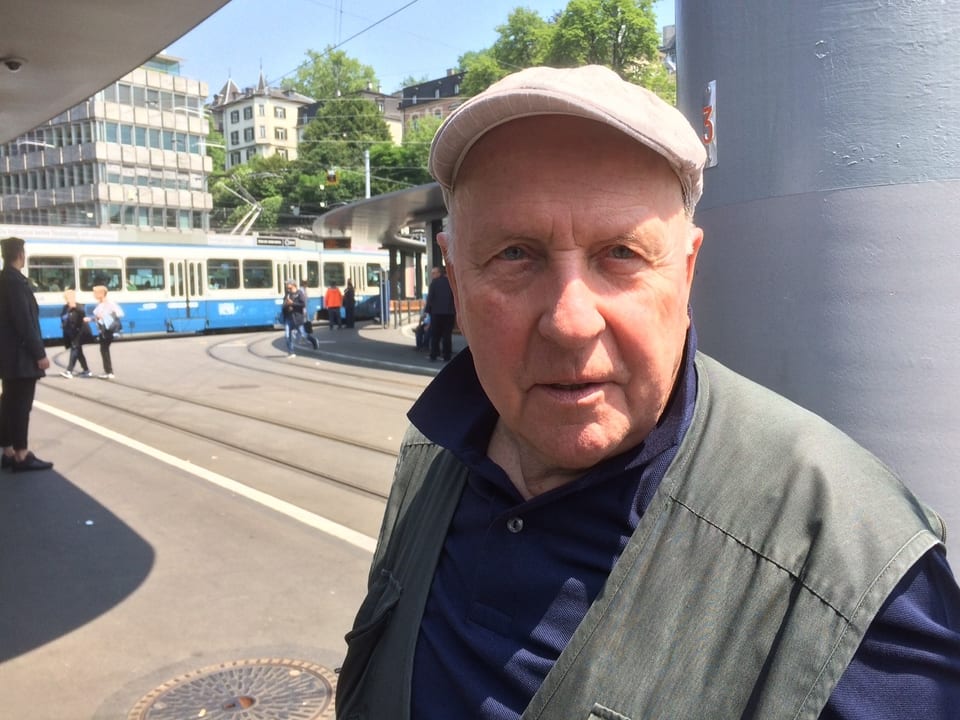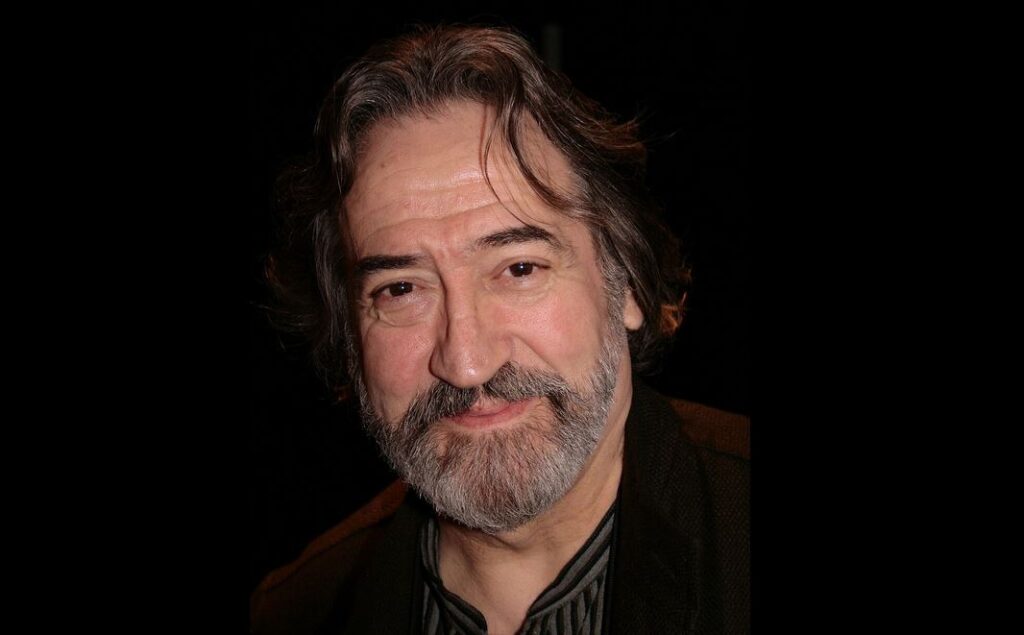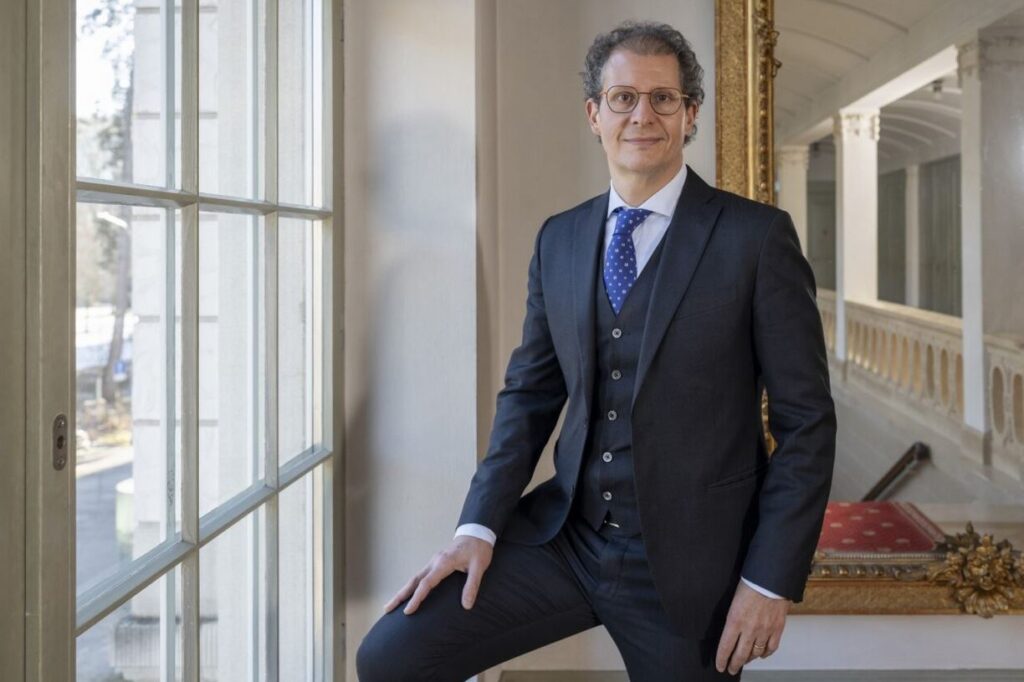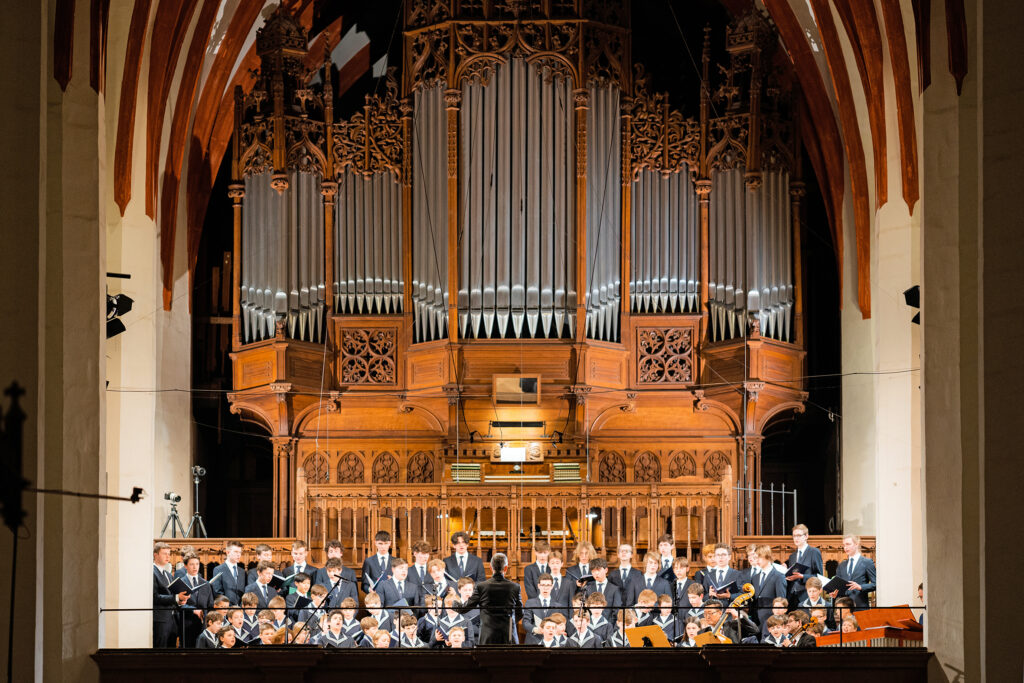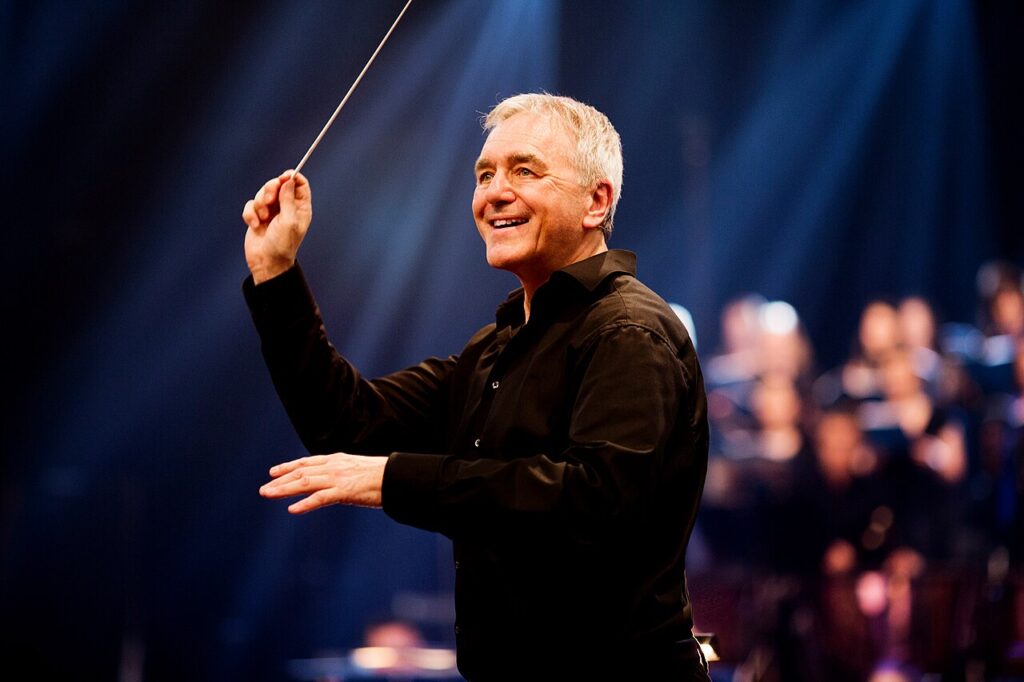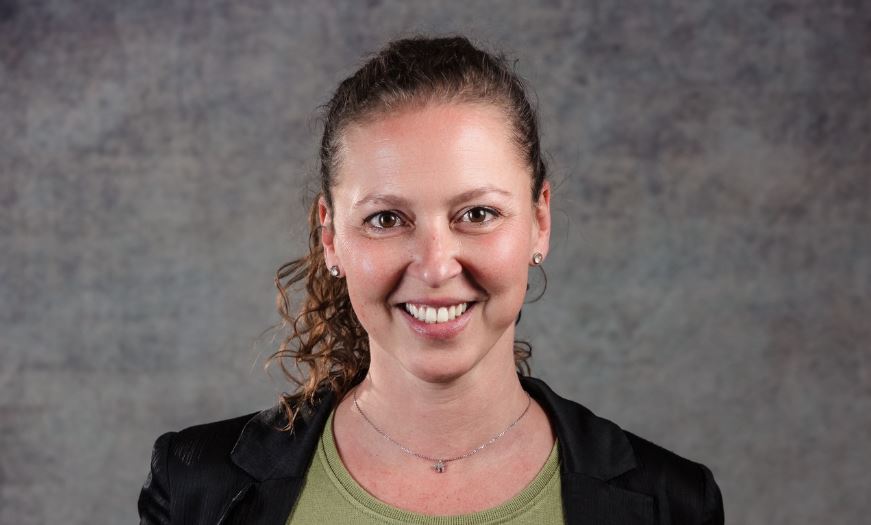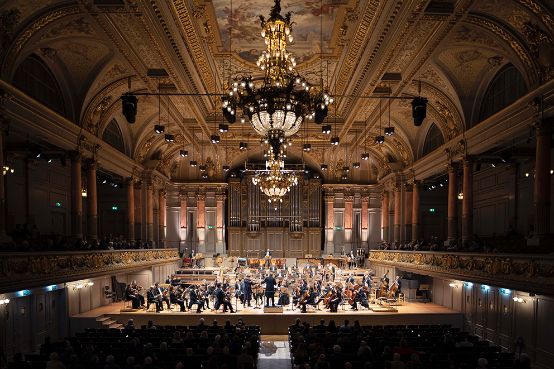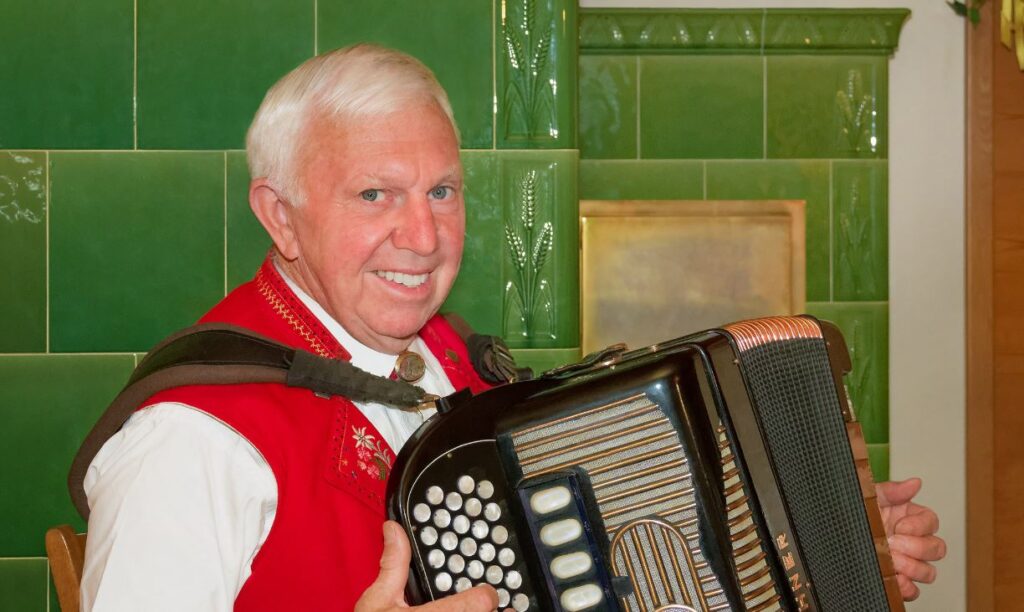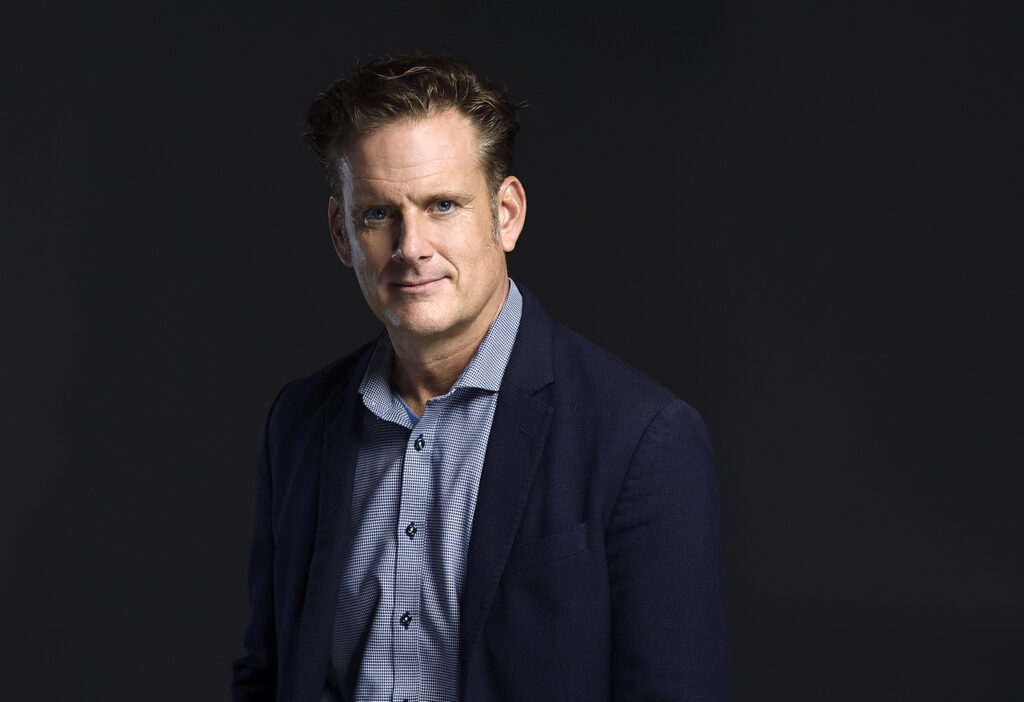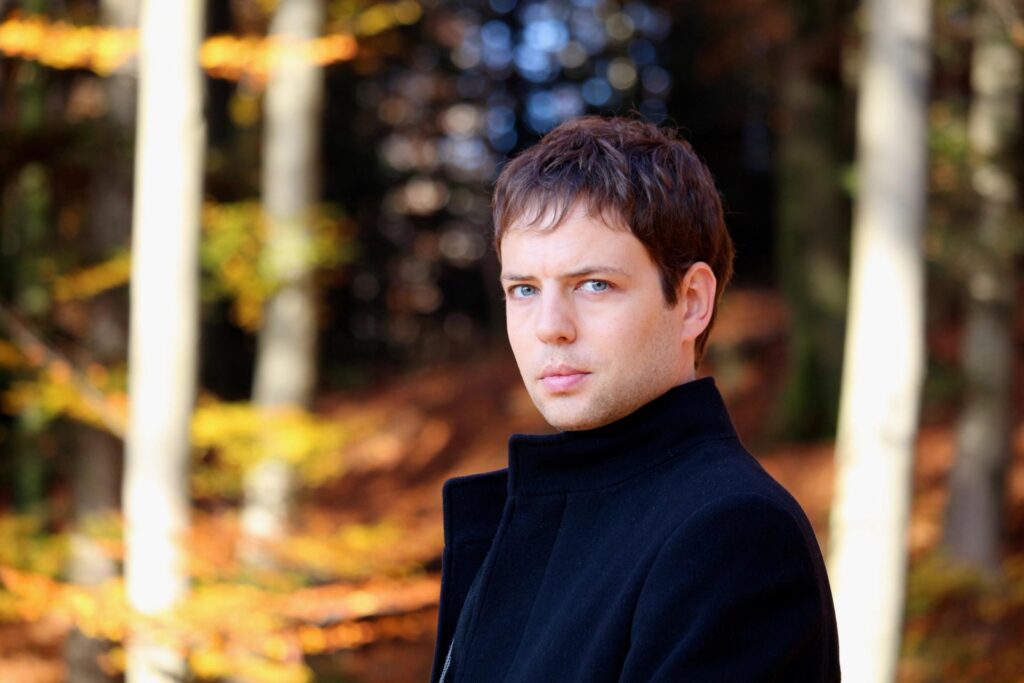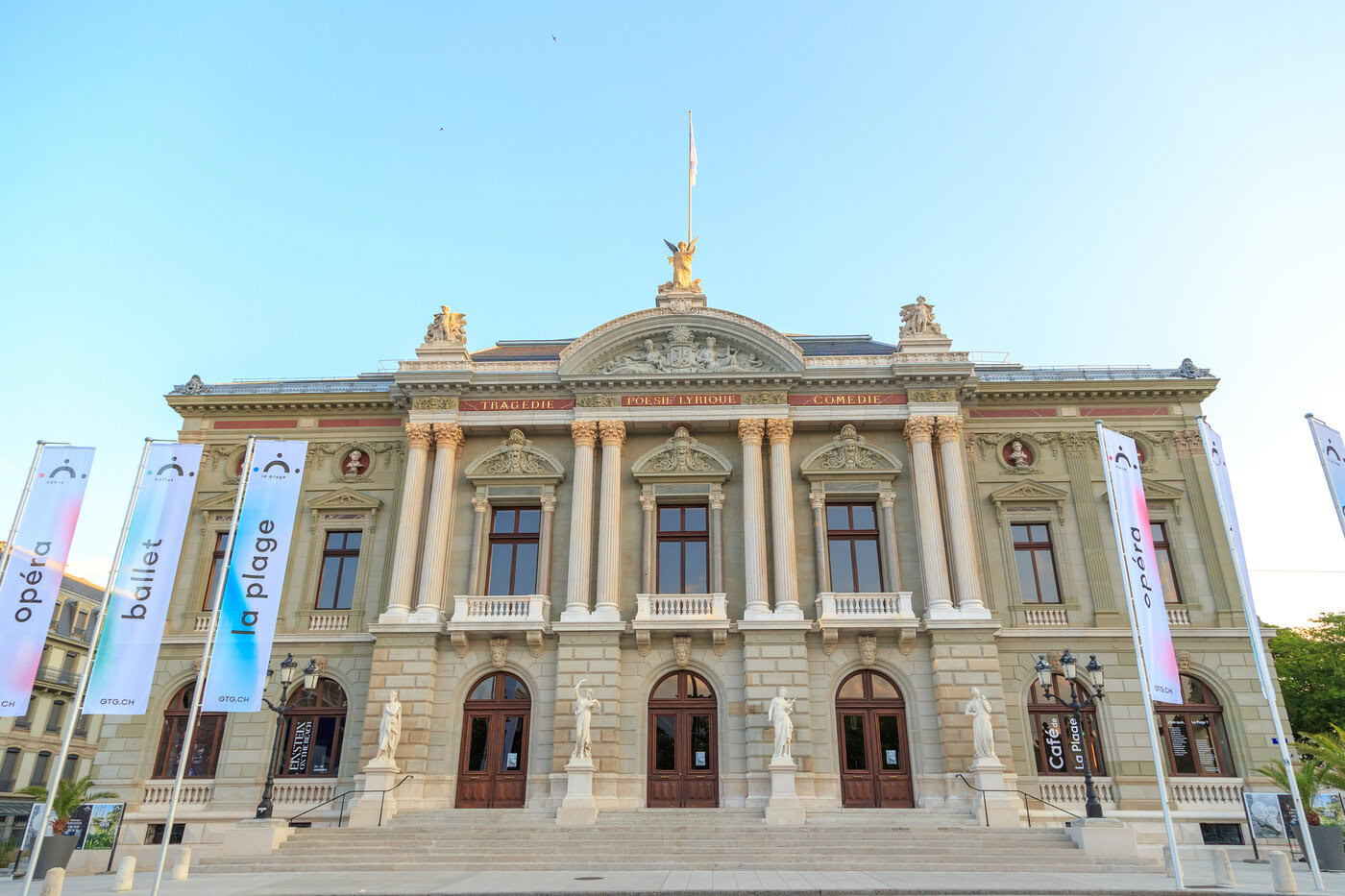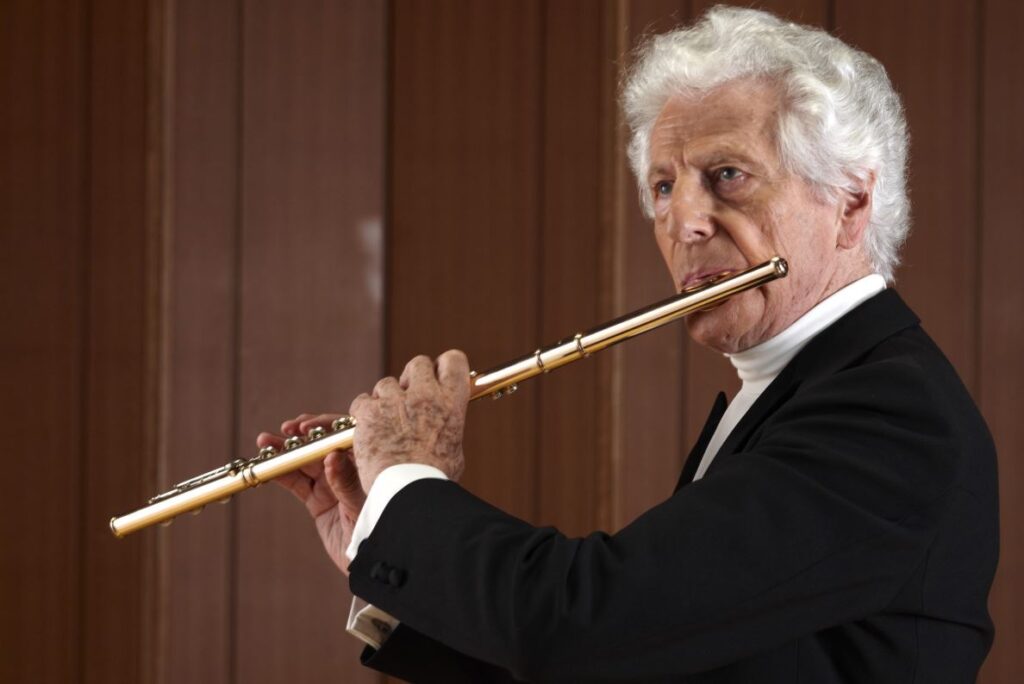Concert statistics 2025: Pärt is the most frequently performed contemporary
In 2025, Arvo Pärt celebrated his 90th birthday, making him the most-performed living composer. Female composers were played more, although still far too few.
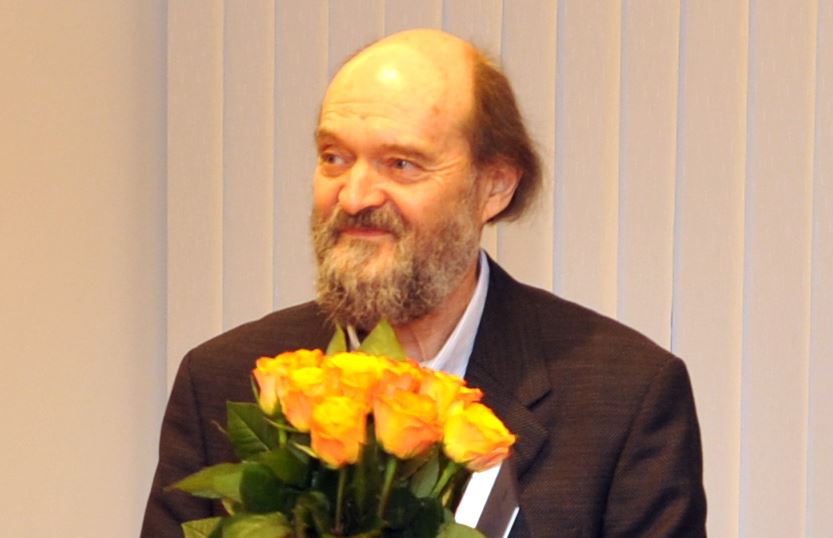
According to annual statistics from the Bachtrack.com site, living female composers have become significantly more important, with Caroline Shaw and Anna Clyne in the top ten most-performed living composers. In 2025, there is also an increasing prominence of non-white composers, with Gabriela Ortiz's performances almost doubling since 2024. Other sound creators who will become more important in the 2020s include Jessie Montgomery and Carlos Simon (both USA), while South African composer and cellist Abel Selaocoe has experienced a meteoric rise in recent years, with the number of his works performed almost tripling between 2024 and 2025.
The busiest conductor was Yannick Nézet-Séguin, the busiest orchestra was the Chicago Symphony Orchestra. The most frequently performed composers were Beethoven, Mozart and Bach, the most frequently performed work was Vivaldi's Four seasons, followed by Ravel's La Valse, an episode of Ravel's 150th birthday. Accordingly, the most frequently performed solo work was Ravel's Piano concerto in G major. The most frequently performed operas were Mozart's Magic fluteBizet's Carmen and Puccini's La Bohème.
All statistics:
https://cdn.bachtrack.com/files/467517-DE%20Annual%20classical%20music%20statistics%202025.pdf






